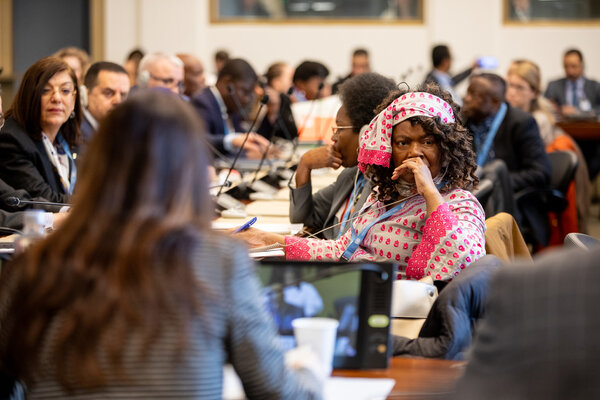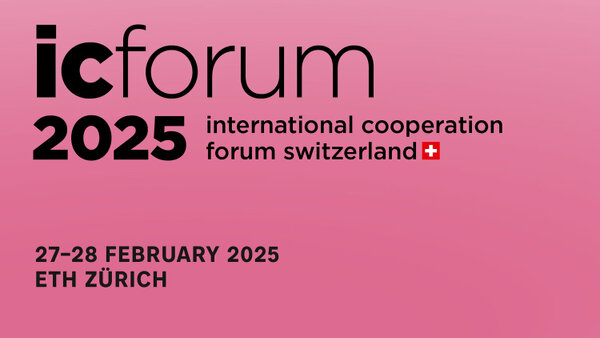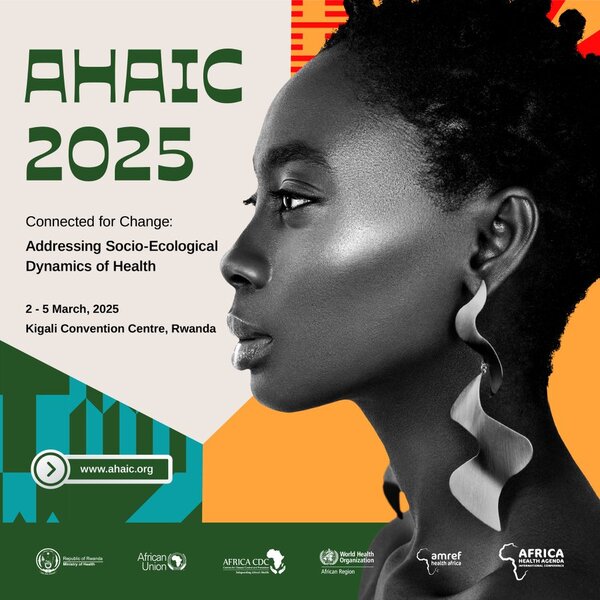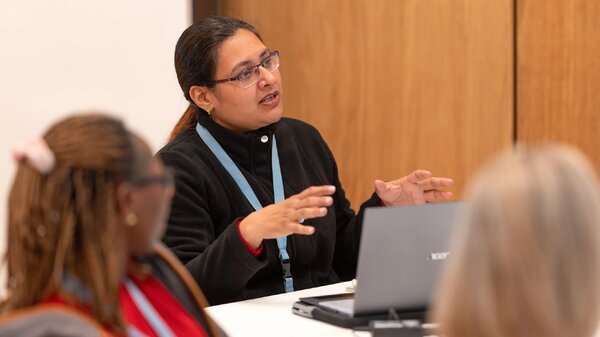Le 29 janvier dernier, le Conseil fédéral a décidé de la manière dont les décisions de réduction du Parlement devaient être mises en œuvre dans la coopération internationale. Le crédit pour la nouvelle stratégie de coopération internationale 2025-2028 a été réduit de 151 millions de francs pour atteindre 11,12 milliards de francs. Cela ne signifie toutefois pas que ce montant est désormais garanti pour toute la période stratégique. En effet, le Parlement peut prendre de nouvelles décisions pour chaque année budgétaire, c'est-à-dire continuer à réduire ou augmenter les budgets. Pour 2025, le montant a été réduit de 110 millions.
Il a été décidé de réduire les contributions de base aux organisations non gouvernementales suisses de 7,5 millions de francs. La pression sur les ONG suisses s'accroît ainsi encore plus après différentes décisions controversées depuis le quasi- succès de la première initiative populaire « pour des multinationales responsables ». Les réductions concernent ce que l'on appelle les contributions de base aux ONG - un système dont le Comité d’aide au développement (CAD de l'OCDE loue la pertinence et l'efficacité, notamment dans le contexte du débat actuel sur la localisation.
Mélange de coupes transversales et de recentrages stratégiques
Dans la mise en œuvre des décisions du Parlement, le Conseil fédéral choisit une voie entre les coupes transversales et les coupes stratégiques ciblées. C'est compréhensible, mais cela conduit aussi à certaines décisions qui nécessitent des explications. Le retrait de la coopération au développement au Bangladesh, par exemple, peut bien sûr s'expliquer par l'évolution économique positive de ce pays, mais il est discutable dans le contexte des efforts de démocratisation qui y sont actuellement menés.
Le Conseil fédéral suit également la voie de la concentration stratégique dans le domaine de la santé globale. La santé est un nouveau thème prioritaire de la nouvelle stratégie, notamment grâce au fort engagement du réseau Medicus Mundi Suisse. Le Conseil fédéral a décidé de se retirer d'UNAIDS (économie annuelle : 3,1 millions de francs). En revanche, le soutien financier au Fonds mondial de lutte contre le VIH/sida, la tuberculose et le paludisme reste inchangé.
Retrait de la Suisse de l’ONUSIDA
Compte tenu de la pression exercée par le Parlement pour réaliser des économies, cette décision est compréhensible, mais il convient d'en souligner ici les conséquences. L'ONUSIDA joue un rôle central dans la lutte contre le sida. Elle collecte les données au niveau national, assure les connaissances scientifiques sur l'évolution de l'épidémie et définit les objectifs stratégiques. L'ONUSIDA joue ainsi un rôle normatif et stratégique important. Elle ne doit pas être considérée comme concurrente du Fonds mondial, car ce dernier dépend de manière centrale de son travail.
L'ONUSIDA est déjà sous pression. Le mandat de l'organisation onusienne est pour l'instant limité à 2030. Ces dernières années, la communauté internationale n'a pas respecté ses engagements financiers envers elle, ce qui a entraîné des suppressions de postes et des transferts de postes loin du coûteux siège genevois vers d'autres pays. La politique suisse devrait déjà être consciente que les coupes dans la coopération multilatérale affaiblissent la Genève internationale.
La Genève internationale sous pression
Il faut également espérer que le Conseil fédéral, en se retirant, a bien réfléchi à la question de savoir si, outre l'aspect genevois, d'autres implications stratégiques étaient acceptables. L'engagement de la Suisse dans le domaine de la santé globale ne se caractérise pas par des moyens financiers importants, mais par un engagement stratégique cohérent dans différentes institutions sur des thèmes centraux tels que l'égalité des sexes, les droits sexuels et reproductifs, les approches basées sur les droits humains et une politique orientée vers les communautés locales.
Une broutille face à la menace d'un ouragan
Autant d'éléments qui subissent une pression massive au niveau international. Cette pression sur les droits fondamentaux, sans lesquels la santé publique ne peut être assurée, va encore s'accentuer avec l'entrée en fonction de la nouvelle administration américaine et avec le possible glissement vers la droite de plusieurs gouvernements européens.
Les aspects financiers ne sont donc qu'une partie de l'histoire - les coupes suisses ne sont rien comparées à ce que signifierait le retrait des Etats-Unis de différentes institutions mondiales de santé. Les signes ne sont pas ceux d'une tempête, mais d'un ouragan, d'un raz de marée et d'un tremblement de terre simultanés. Cela signifie également qu'un engagement stratégiquement intelligent de la Suisse dans la coopération internationale est plus important que jamais.
Pour la transparence : Medicus Mundi Suisse reçoit de la Direction du développement et de la coopération (DDC) une contribution de base (contribution au programme) de 350'000 francs/an.
Martin Leschhorn Strebel
Réseau Medicus Mundi Suisse
E-Mail


















































